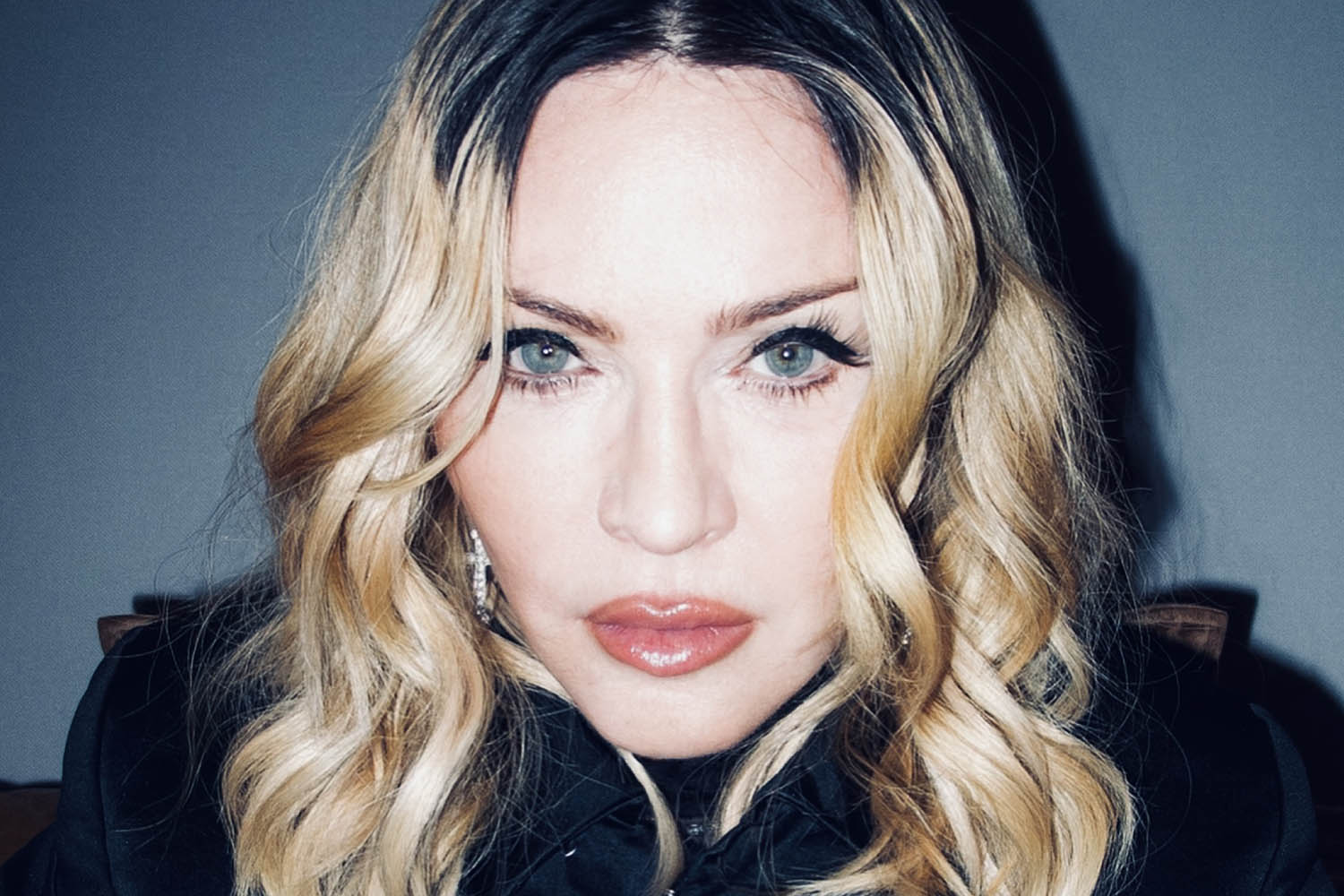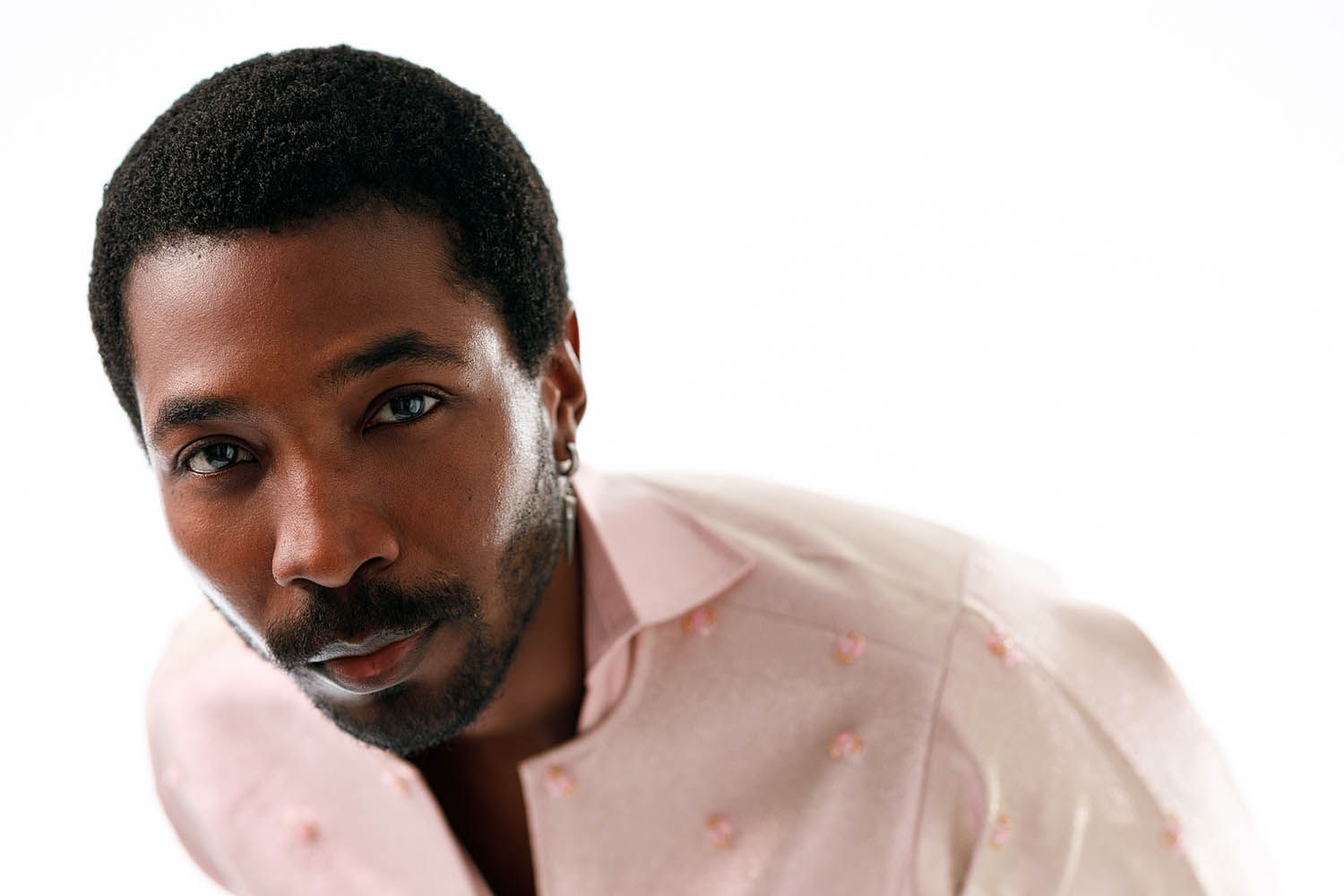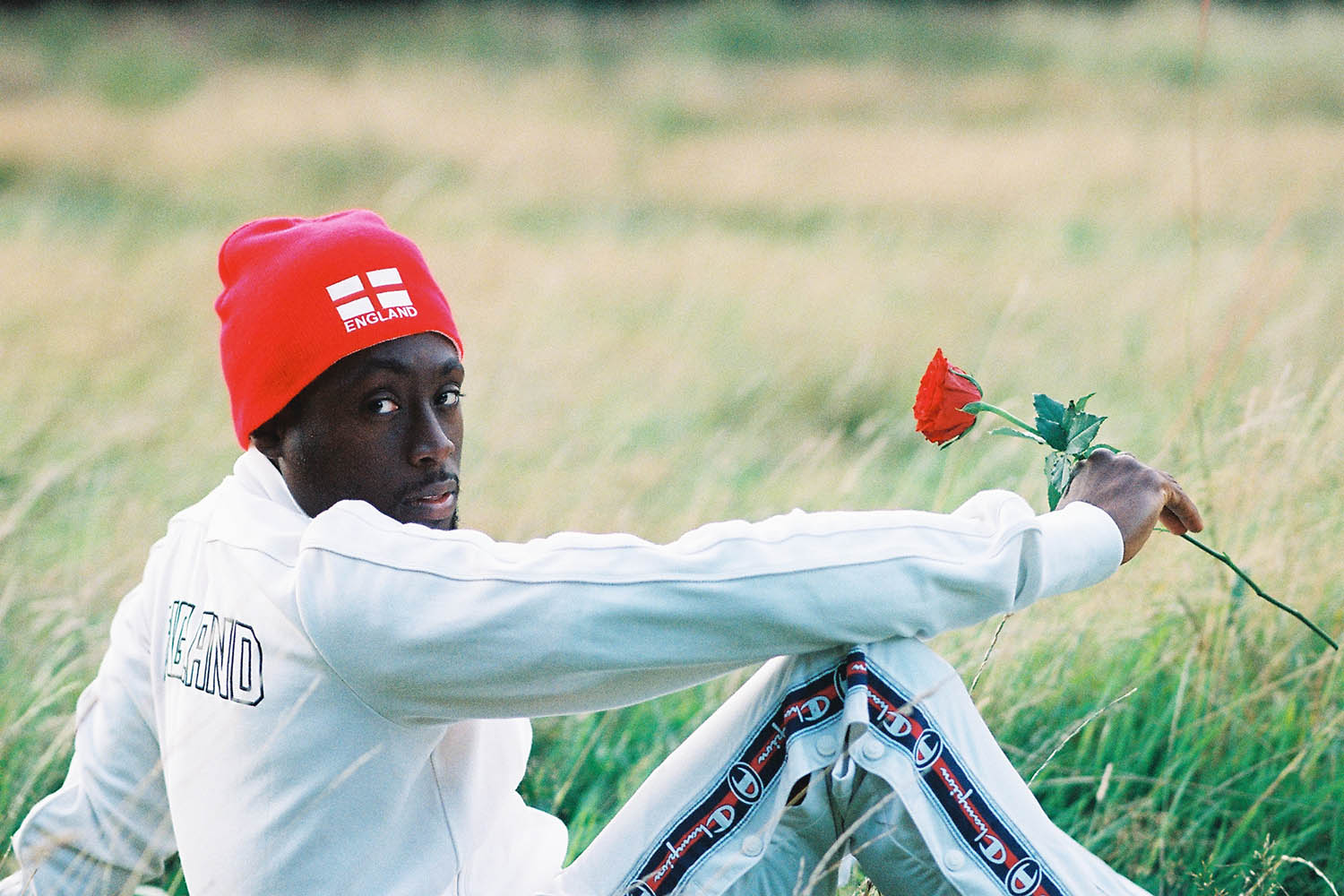Takkuuk
Bicep
(Ninja Tune/EarthSonic)
Part audiovisual installation, part howl of alarm at the devastation caused by the climate emergency around the Arctic circle, Takkuuk is the latest offering from Bicep, the Belfast-born purveyors of liquid electronics. After their hit second album, Isles (2021), the euphoric, eclectic duo swerved expectation with their mostly collaborative next project, Chroma (2024), which showcased a rawer version of their bittersweet retro-rave sound.
Takkuuk is an even bigger detour. Bicep are known for their stunning live visuals; this album (which takes its title from the Inuktitut word for “look”) accompanies a travelling installation telling the stories of the melting Arctic and the artists Bicep worked with across the release’s 10 engrossing tracks. Groaning glaciers are heard alongside Andy Ferguson and Matt McBriar’s signature propulsive synths. Particularly catchy are tracks such as Taarsitillugu, featuring the anti-colonialist Greenland rapper Tarrak, and the title track, showcasing Canadian throat singers Silla.
Bicep’s penchant for floaty female vocals and ambient passages is well served by this cast of collaborators, and together they send a powerful message: on Dárbbuo, the Swedish singer Katarina Barruk performs in Ume Sámi, a language with only 20 speakers left. By Kitty Empire

Mabel (Mixtape)
Mabel
(Polydor Records)
When Mabel emerged in 2015, her songs were harmony-laden, R&B-accented and often mid-tempo. While her major label debut album, 2019’s High Expectations, added pop and a series of hits to the mix (Don’t Call Me Up, Mad Love), by her next album, About Last Night..., that success had led her into a dance-pop cul-de-sac, all Jax Jones guest spots and voice-for-hire interchangeability.
On this self-titled, purposefully low-key mixtape, the 29-year-old performs a reset of sorts. Those laid-back early singles would have slotted neatly next to tracks like Right On Time or the dancehall-esque shimmer of Love Me Gentle. The slower pace suits her, giving a track such as Venus – essentially about how hardworking she is in a bedroom scenario – room to breathe. While most of the nine songs focus on relationships, the excellent opener January 19 – built around a looped vocal sample, a spare guitar figure and a skittering beat – studies hard-won self-confidence in a competitive industry. “Always tryna reinvent myself for ya,” she sings, happy to have come full circle. By Michael Cragg

Veronica Electronica
Madonna
(Warner Records)
When Madonna released Ray of Light in 1998, its on-the-pulse fusion of trip-hop, techno, pop and more – all guided to the dancefloor by the hand of producer William Orbit – set a high watermark for her career that she’s arguably never bested. Veronica Electronica was the name Madonna gave to her alter ego while making the record; now, 27 years later, it titles a long-speculated remix album, supposedly designed to accompany the original but later shelved.
In the intervening years, however, most of the eight tracks that make up Veronica Electronica have slowly been drip-fed into the public realm. It puts the release in a strange middle ground – less of a goldmine for hardcore fans, and not quite independent enough to stand on its own so long after the release of its parent record. BT & Sasha’s ravey rework of Drowned World/Substitute for Love is a promising opening, and you can imagine Fabien’s glitchy, unsettling mix of The Power of Good-Bye hitting well at the woozy 4am portion of the night. But nearly three decades after the excitement of the original, Veronica has limited impact. By Lisa Wright

Chapter 1: Where Does Happiness Come From?
Mádé Kuti
(LegacyPlus Records)
As much as the Marleys are synonymous with reggae or the Shankars with sitar, the Kutis are an Afrobeat dynasty. Fela Kuti founded the jazz and highlife-influenced genre in the late 1960s, and his sons Femi and Seun have carried the torch since his death in 1997. Grandson Mádé is the latest relation to put his spin on the genre. While Legacy+, 2021’s collaborative album with his father Femi, played as a tentative introduction to Kuti fans, he now releases his debut proper, Chapter 1: Where Does Happiness Come From?
Mádé anchors 11 tracks in the familiar syncopated Afrobeat groove, channelling the spirit of his forebears on the lively fanfares of Take It All In Before the Lights Go Out and Pray. Shades of difference are present in the synth drones on After the Tears Flow and dancefloor-ready electronic drums of Find My Way, while his baritone vocal supplants Fela’s urgent rasp with a more measured delivery. These are engaging departures, yet they aren’t frequent or pronounced enough to take the entire record in a new direction. Instead, Chapter 1 sees Mádé straddling tradition and innovation, unsure of what to make his own. By Ammar Kalia

One to Watch: Nadeem Din-Gabisi
The UK jazz scene has spotlighted many new stars, and spoken word has been almost as present as saxophone. One key poet is Nadeem Din-Gabisi, who started out performing in 2018 at Steam Down, the celebrated south-London jam night. That same year, he became an artist in residence at Somerset House Studios, where he began working on his 2022 project Pool, and appeared on a track, Energy, by Zambian hip-hop innovator Sampa the Great that made it on to Barack Obama’s Summer Playlist.
Now he’s striking out with a debut album. While Pool examined mental health among young black men, Offshore, his first for indie label Moshi Moshi, digs deeper into diasporic identity and questions the very idea of ‘home’. Echoing this duality, the British-Sierra Leonean flips between English and Krio, with deft swirls of grainy palm wine (the guitar music that inspired juju and highlife), jazzy soul, electropop and Afrobeats. He also collaborates with a wealth of notable guest players, including guitarist Tara Cunningham, drummer Chiminyo, vocalist Coby Sey and producer Beni Giles.
Din-Gabisi’s streams of consciousness are potent, as is his gift for a freewheeling party track. He is inspired by Sierra Leonean pop music that is danceable despite the sorrowful lyrics and themes of resilience, detectable in the irresistible polyrhythms of songs such as Enter Claim, I Land and the thoroughly excellent Pub Lunch. The latter sparkles with bright loops of percussion, like a missing link between Metronomy and Fela Kuti. By Kate Hutchinson
Offshore is released on 1 August via Moshi Moshi. Nadeem Din-Gabisi plays Supernormal Festival, Oxfordshire, 2-3 August; The Forge at The Lower Third, London WC2, 5 August
Photograph by Sam Mulvey/Ricardo Gomes/Simone Beyene/Femi Alabede/David Kwah Mensah
Newsletters
Choose the newsletters you want to receive
View more
For information about how The Observer protects your data, read our Privacy Policy
